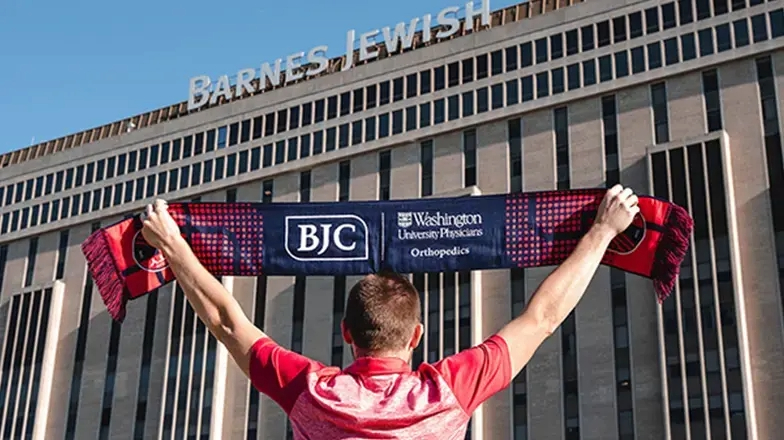BJC News & Resources
Read our latest news, stories from the community, and resources to help you and your family live your healthiest life, at every stage.

Article
Good to Gather? Find Out if You’re Still Contagious
Patient Story
Healing Beyond the Surface
Patient Story
Before Life-Changing Spine Surgery at Christian Hospital, a Grandfather Answered Doctor's Challenge
Resources
Comfort and Joy: 7 Healthy Holiday Party Tips for a Safe Celebration
News
St. Louis Children’s at CoxHealth names vice president to lead expansion of pediatric care
News